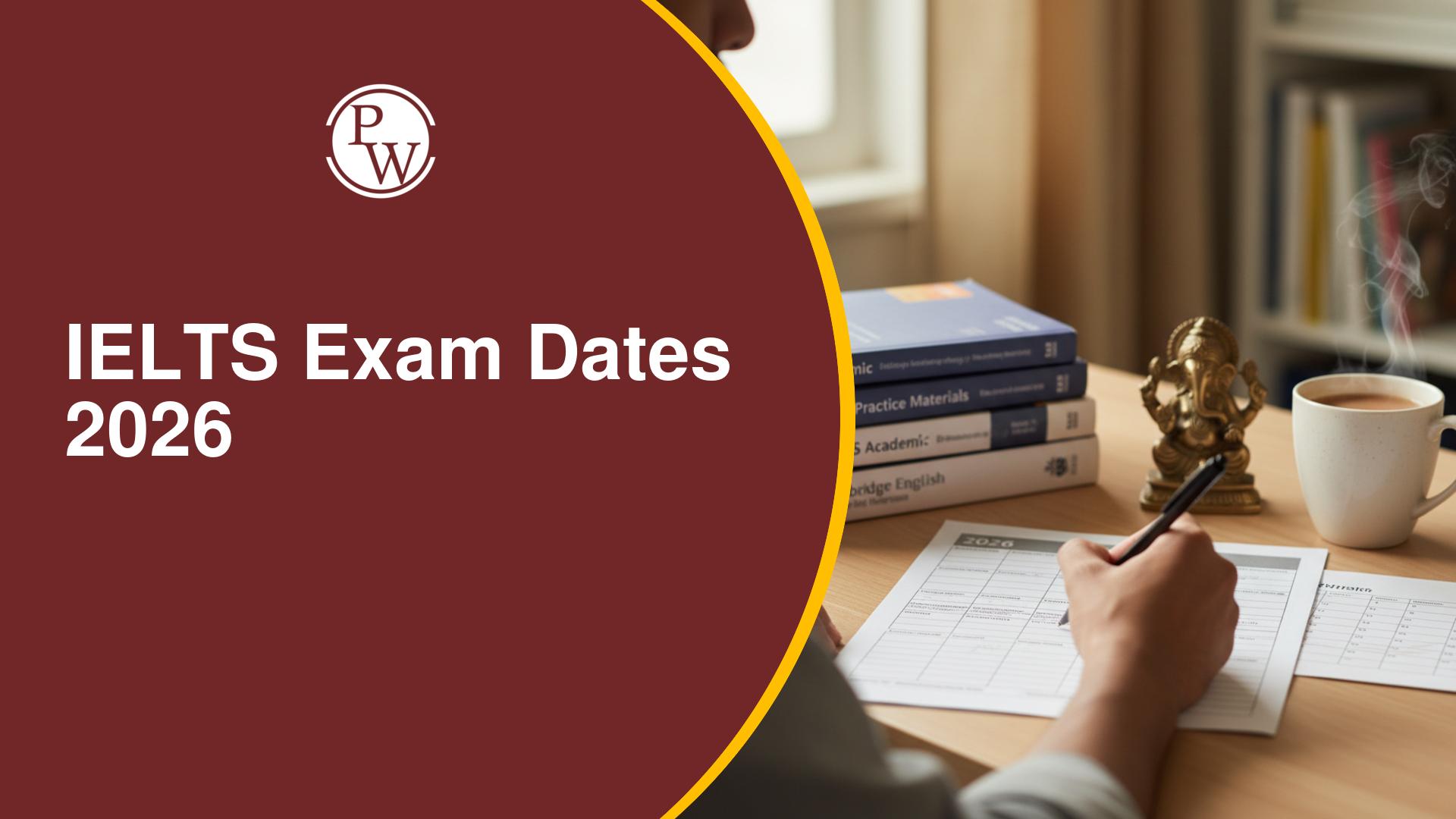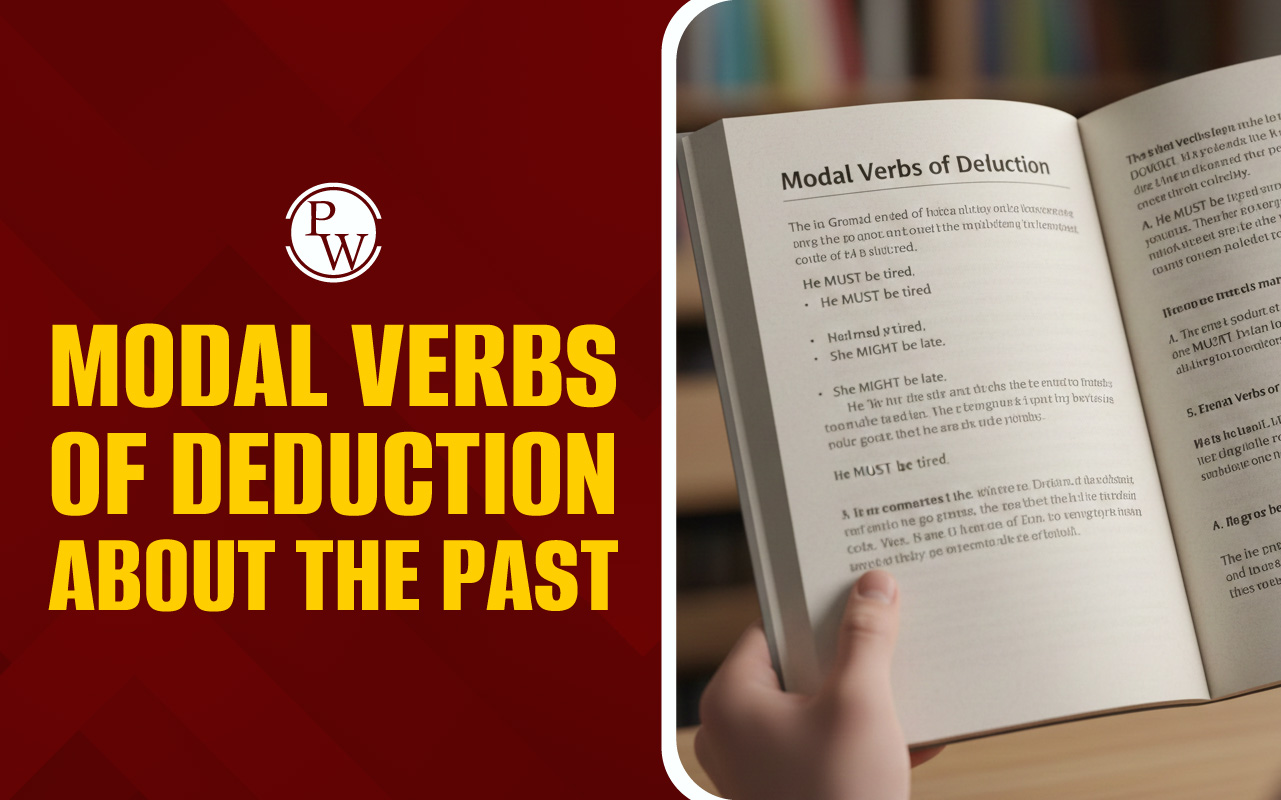
IELTS Marking Scheme: The International English Language Testing System (IELTS) uses a single marking system for each of its four components: Listening, Reading, Writing, and Speaking. All four sections are scored on a scale of 0-9 band scale, where 9 represents the highest level of English proficiency and 0 indicates the test-taker has not attended the test. Understanding the IELTS marking scheme can help you prepare more effectively and achieve your desired band score.
What is a Good IELTS Score for 2025 with Section wise?
IELTS Marking Scheme
The IELTS exam has one unique marking system for all test sections. The marking scheme is organised to provide a fair and consistent assessment of the English language proficiency of test-takers. Each section of the test is scored independently, and your overall band score is the average of these individual scores.
IELTS Listening
The IELTS Listening test consists of four sections. It includes a total of 40 questions, each with 10 questions. For each correct answer, candidates are given 1 mark. There is no negative marking system in the IELTS marking scheme. Therefore, no penalty is given for incorrect answers
The IELTS raw scores are converted into a IELTS Listening band score. For example, to achieve a band score of 6, you would need to answer approximately 23 out of 40 questions correctly.
IELTS Listening Band Descriptors with Scores, Check Here
IELTS Reading
The IELTS Reading test also contains 40 questions. The scoring is similar to the Listening test, with one mark awarded for each correct answer. However, the number of correct answers required to achieve each band score can vary between the Academic and General Training versions of the test.
For example, in the Academic Reading test, answering 23 out of 40 questions correctly may result in a band score of 6, while in the General Training Reading test, the same number of correct answers might correspond to a band score of 5.
IELTS Reading Band Score for Academic and General Test
IELTS Writing
In the writing section, candidates need to attempt two tasks, and the writing assessment of the candidates is done based on the following criteria:
-
Coherence and Cohesion
-
Task Achievement for Task 1 and Task Response for Task 2
-
Grammatical Range and Accuracy
-
Lexical Resource
Each criterion contributes 25% to your overall Writing band score. Your responses are marked by at least two examiners to ensure fairness and consistency.
IELTS Speaking
The IELTS Speaking test is a face-to-face interview with a trained examiner and is divided into three parts:
-
Introduction and Interview: The examiner introduces themselves and asks you general questions about familiar topics.
-
Long Turn: You are given a task card with a topic and have one minute to prepare before speaking for up to two minutes.
-
Discussion: The examiner asks questions related to the topic from Part 2, allowing you to discuss more abstract ideas.
Your performance is assessed based on four criteria:
-
Fluency and Coherence
-
Lexical Resource
-
Grammatical Range and Accuracy
-
Pronunciation
Each criterion contributes 25% to your overall IELTS Speaking band score.
IELTS Speaking Test Format, Exam Pattern and Tips
Calculating Your Overall Band Score
Your overall IELTS band score is the average of your four individual section scores. The average is rounded to the nearest whole or half band. For example;
-
Listening: 6.5
-
Reading: 6.0
-
Writing: 5.5
-
Speaking: 6.5
Total: (6.5 + 6.0 + 5.5 + 6.5) = 24.5
Average: 24.5 ÷ 4 = 6.125
Rounded: 6.0
In this example, your overall band score would be 6.0.
IELTS Band Descriptors
IELTS band descriptors provide detailed information about the level of English proficiency associated with each band score. These descriptors help examiners assess your performance and provide transparency in the marking process.
In the IELTS test, all candidates are scored on a 0-9 scale, where 9 represents the highest level of English proficiency and 0 indicates the test-taker has not attended the test. The IELTS band descriptors provided by the IDP IELTS are given below:
|
IELTS Band Descriptors |
||
|---|---|---|
|
IELTS Band Score |
Skill Level |
Description |
|
9 |
Expert |
The test taker has complete mastery of the language, demonstrating fluent, accurate, and appropriate usage with a deep understanding. |
|
8 |
Very good |
The test taker has a near-complete command of the language with only rare errors or inappropriate usage. They may struggle slightly in unfamiliar situations but can handle complex discussions effectively. |
|
7 |
Good |
The test taker has strong control over the language, though occasional errors, misinterpretations, or inappropriate usage may occur. They generally manage complex language well and grasp detailed reasoning. |
|
6 |
Competent |
The test taker can communicate effectively despite some inaccuracies or misunderstandings. They are comfortable using moderately complex language, particularly in familiar settings. |
|
5 |
Modest |
The test taker has a partial grasp of the language and can understand general meaning in most scenarios, though they tend to make frequent mistakes. They can manage basic communication in their own field. |
|
4 |
Limited |
The test taker’s ability is restricted to familiar situations. They struggle with understanding and expressing ideas clearly. |
|
3 |
Extremely limited |
The test taker can only convey and understand general meaning in very familiar contexts. Communication often breaks down. |
|
2 |
Intermittent |
The test taker finds it extremely difficult to comprehend spoken and written English. |
|
1 |
Non-user |
The test taker has no functional ability in the language except for a few isolated words. |
|
0 |
Did not attempt the test |
The test taker did not respond to any questions. |
Tips for Achieving Your Desired Band Score
Read the below-mentioned tips carefully to achieve a desired score in the IELTS exam 2025.
-
Familiarize Yourself with the Test Format: Understanding the structure of each section can help you manage your time effectively during the test.
-
Practice Regularly: Consistent practice can improve your skills and increase your confidence.
-
Seek Feedback: Receiving constructive feedback can help you identify areas for improvement.
-
Use Official IELTS Preparation Materials: Official materials are designed to reflect the content and format of the actual test.
-
Stay Calm and Focused During the Test: Managing test anxiety can help you perform at the test.
Guidance of PW IELTS
Physics Wallah offers multiple online IELTS courses for all students. Follow the IELTS pages to better prepare for the exam.
| What is IELTS Exam? | Documents Required for IELTS Registration |
| IELTS exam eligibility requirements | IELTS Exam Fees |
| IELTS test results | IELTS Exam Pattern |
IELTS Marking Scheme FAQs
What is 27 out of 40 in IELTS Listening?
What is the marking system of IELTS?
How long is the IELTS reading section?
Is 7.0 a good score in IELTS?
Is a 6.5 IELTS score good?







